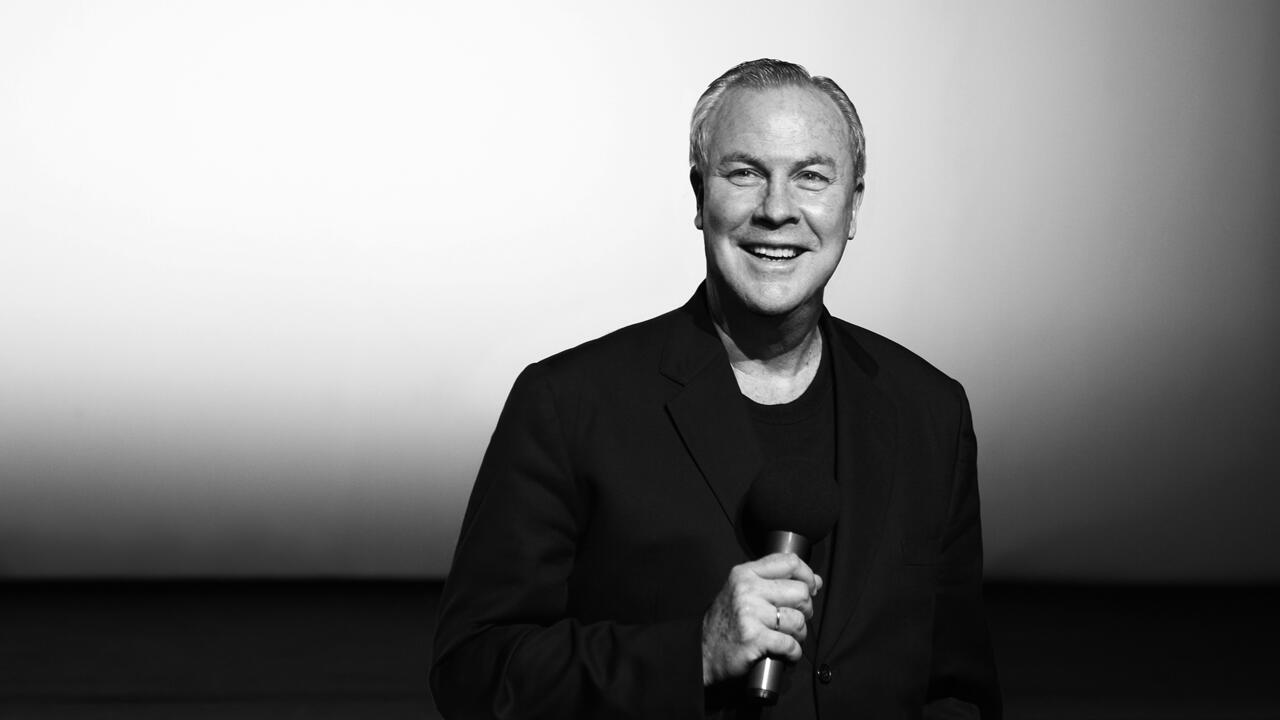Reading the Lives of Musicians
What do you call musicians who write about themselves? Common, apparently
What do you call musicians who write about themselves? Common, apparently

If writing about music is like dancing about architecture, as some great sage once said (Frank Zappa? Elvis Costello?), what do you call musicians who write about themselves? Common, apparently. On the heels of memoirs by Morrissey, Keith Richards, Patti Smith and Pete Townsend, 2015 saw the publication of autobiographical reminiscences by Carrie Brownstein (Sleater-Kinney), Costello, Kim Gordon (Sonic Youth) and Grace Jones, among others. For those unwilling to negotiate 700 pages of Costello’s predictably literary prose, I can report that he establishes the provenance of ‘dancing about architecture’. The line originated with comedian Martin Mull, but Costello’s manager repeated it so often to the press that it was eventually attributed to the bespectacled songwriter. ‘I was more interested in writing music about architecture and would leave dancing to the experts,’ Costello quips in his Unfaithful Music & Disappearing Ink. Yet, despite Costello’s reputation as a master wordsmith, it is Jones’s I’ll Never Write My Memoirs that has the better lines: ‘The first thing I did when I was pregnant was to give up quaaludes’; ‘Shaving my head led directly to my first orgasm’; ‘It’s the same old caveman shit, a power thing. It’s why I want to fuck every man up the ass at least once.’
In fairness, Jones’s memoir is the only ‘as told to’ book of the lot. The ghost was long-time British music journalist Paul Morley, also a member of Art of Noise alongside Trevor Horn, who produced Jones’s 1985 album Slave to the Rhythm. Uncharitable readers may ascribe the best passages to his pen, but Jones’s voice is so unmistakable it’s hard to believe she didn’t keep a firm hand on the manuscript. She speaks beautifully about her native Jamaica, the innovations of pioneering disco DJs Nicky Siano and Larry Levan, the prescience of her friend Andy Warhol, and the unclassifiable music of the Compass Point All Stars, a session band built around Jamaican rhythm section Sly & Robbie, assembled for her iconic albums on Island Records.
I’ll Never Write My Memoirs is also rife with revelatory gossip. As a young woman in 1960s Philadelphia, Jones repeatedly took LSD under controlled conditions in hippie communes; Nile Rogers and Chic were trying to meet Jones inside Studio 54 when they were told to ‘fuck off’ by the doorman, inspiring their hit ‘Le Freak’; she was almost the Acid Queen in Ken Russell’s Tommy (1975) and Zohra the Snake Lady in Ridley Scott’s Blade Runner (1982); and both Marlene Dietrich and Lauren Bacall favourably compared Jones’s low voice to their own.
By comparison, Gordon and Brownstein’s books, for all their righteous post-punk feminism, seem like weak tea. This is not entirely their fault; it’s not easy to compete with a six-foot-tall, flat-topped, androgynous cyborg with a voracious intellect and uncompromising will. Of the two, Gordon dispels more preconceptions about herself. The Sonic Youth bassist/vocalist and underground fashion icon has always seemed the epitome of ultra-jaded downtown cool, but Girl In Band reveals her to be a shy, hypersensitive woman with a schizophrenic brother – a woman who, at the time of her book’s writing, was also sifting through the devastation of her break-up with husband and bandmate, Thurston Moore.
Gordon sandwiches her memoir with reflections on the end of her marriage: ‘Just another cliché of middle-aged relationship failure – a male mid-life crisis, another woman, a double life.’ She is eminently fair about Moore’s betrayal. At times, one wishes for the verbal venom Costello inflicted on exes in his earlier songs; short of Bob Dylan, no songwriter dismantles vanities as effectively. Gordon feels ‘compassion’, if not ‘forgiveness’, towards Moore, but sticks the knife in on the last page by recounting a post-split encounter with another man in a car.

As much a creature of the art world as she is a rock star, Gordon knew or befriended Larry Gagosian, Dan Graham, Mike Kelley, Cindy Sherman, Jenny Holzer, Gerhard Richter and others long before she was famous. She claims she tried her hand at music because she was fascinated by the interactions of male musicians on stage: ‘In retrospect, that’s why I joined a band: so I could be inside that male dynamic, not staring in through a closed window, but looking out.’
Where Gordon’s book is self-effacing, Brownstein’s Hunger Makes Me a Modern Girl is the diary of a born star – a performative child whose drive to be the centre of attention resulted in the cross-media polymath we know today. At a pop concert, the teenage Brownstein’s friend said to her: ‘I want to give George Michael a blow job.’ Brownstein ‘knew in that moment that I would much rather be the object of desire than dole it out from the sidelines, or perched on my knees’. Growing up, she wrote letters to soap-opera stars, performed in a Duran Duran cover band, and later discovered the Riot Grrrl scene in Olympia, Washington. There, she met Corin Tucker of Heavens to Betsy, and started the band that would elevate and ultimately transcend Riot Grrrl, Sleater-Kinney.
Brownstein was raised in one of those seemingly perfect suburban middle-class families that harbour secrets. Her mother was hospitalized for anorexia and her father later revealed he was gay. Brownstein doesn’t connect the two and, while it’s understandably hard for a daughter to accept that her dad’s repressed homosexuality and her mom’s life-threatening eating disorder may have been linked, to the reader it seems clear, and tragic. Nothing stops Brownstein, though. Sleater-Kinney’s rise in the underground scene was as meteoric as it gets in such contexts. Bikini Kill had broken down the door; Sleater-Kinney was able to walk in, set up shop and make some improvements.
Brownstein, Gordon and Jones all ruminate on the nearly extinct notion of ‘selling out’, their opinions keyed to their respective ages. Jones still believes in maintaining her integrity and creative independence. Gordon is ambivalent, recognizing both extremes as problematic. Brownstein is the convert, someone who emerged from Olympia’s puritanically anti-commercial indie scene as a true believer, but who later turned against the ethic as an impediment to her goals. Where Brownstein writes: ‘I never wanted to feel ashamed for striving, for desiring, for ambition,’ Gordon laments: ‘Today we have someone like Lana Del Rey, who doesn’t even know what feminism is, who believes it means women can do whatever they want, which, in her world, tilts towards self-destruction.’ Jones rails for an entire chapter against ‘all these little babies I have had’ – Rihanna, Miley Cyrus, Lady Gaga, Nicki Minaj – lamenting: ‘They are not driving the system, as much as they like to act as though they are. The system is driving them [...] They are not free, for all of their apparent wildness. They are controlled, and living up to a very narrow set of expectations.’ To her credit, Jones teases herself about coming off like Norma Desmond in Sunset Boulevard (1950).
Gordon and Brownstein get a lot of mileage out of the annoyance of constantly being asked by the press: ‘What’s it like to be a girl in a band?’ Early in his career, Costello might have been asked: ‘What’s it like to be a jumped-up, pigeon-toed computer operator with the vocabulary of a Scrabble champion in a band?’ As he is quick to point out, Robert Plant he is not. ‘It can’t have been entirely accidental that almost every appearance on Top of the Pops caused our record to go down in the charts,’ he writes. ‘Once the audience got sight of us, they liked us a lot less.’ For all the times he’s been accused of lyrical misogyny and branded as the bard of revenge and guilt, the resolutely anti-macho Costello is as unlikely a pop star as the rest, one whose intelligence and gender didn’t spare him Jones’s hard lessons: ‘A lot of people have been spoiled and ruined by sudden success and pushing too hard. I thought I was an exception, but I wasn’t as smart or in control as I pretended to be.’
























